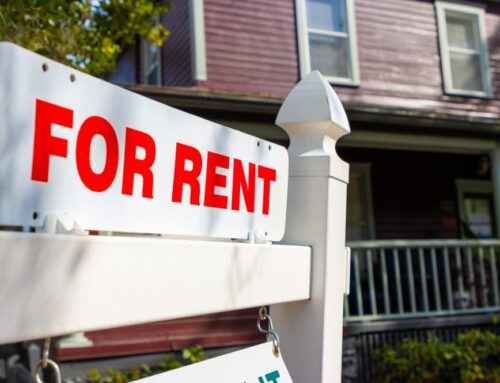Accidents can occur without a moment’s notice, and a tenant may experience some sort of accident during their lease period. Therefore, it is a wise practice for landlords to require renters insurance. But how much coverage should a landlord require? Muller Insurance, serving clients in New Jersey, New York, Connecticut, Pennsylvania, and other states, is experienced in condo insurance and apartment building insurance. We can help answer that important question. Here, we discuss the key takeaways of renters insurance and how much is enough.
What Is Renters Insurance?
Sometimes referred to as tenant insurance, renters insurance is put in place to help cover unexpected events. It is a policy that is designed to protect your tenants. As a landlord, you will not always be able to prevent certain situations such as theft, break-ins, or a visitor injury. Generally, renters insurance provides three types of coverage, including:
Personal Property
Renters insurance protects a tenant’s personal property, such as electronics, clothing, and furniture, if it is damaged or stolen. Based on the amount of coverage they have, they can receive compensation for their damaged or missing goods.
Liability
If a tenant’s guest is injured in the apartment unit, renters insurance covers medical bills should the tenant be found liable for the accident.
Additional Living Expenses
Should a circumstance arise where the rental unit becomes temporarily uninhabitable due to a coverage loss, renters insurance may cover the hotel bill or the costs of other lodging accommodations.
How Much Coverage Is Enough?
Tenants often share several common misconceptions about renters insurance. One is that their landlord’s insurance policy will cover their losses. In reality, some landlords will not lease a unit to an applicant unless they show proof of proper coverage. But how much renters insurance is enough?
The more coverage a tenant has, the less potential risk there is for a landlord. A policy with a minimum coverage between $100,000 and $300,000 is a common range for renters insurance. Requiring this amount of coverage will help mitigate potential liability on the landlord’s part.
Landlords should be cautious though, as some states have laws set in place that limit the amount of coverage a landlord is allowed to require. To ensure you are not violating any state laws, it may be smart to speak with your property manager or a real estate attorney before requiring a certain amount from a tenant.
Why You Should Require Renters Insurance
Owning a rental property can be a lucrative business endeavor. However, there are potential risks involved for a landlord. To help reduce those risks, property owners can require their residents to acquire tenants’ insurance. Other reasons a landlord may require proof of renters insurance from a tenant include:
- Ensures the landlord is not required to pay for or replace a tenant’s personal property that is damaged, destroyed, or stolen
- Reduces the landlord’s liability if a guest of a tenant has an accident on the property such, as slipping or falling and sustaining an injury
- Minimizes the risk of renting to a tenant with pets should another tenant receive injuries such as a dog bite
- Prevents the need to pay for the temporary relocation of a tenant should their unit become unlivable for a short period
- Lowers the chance of rising insurance premiums for a landlord due to the decrease in claims
Seek Guidance on Renters Insurance From Muller Insurance
Whether it is renters insurance or landlord insurance, both tenants and property owners need to have the proper insurance policy. This protection will ensure they are both fully covered should an unexpected event occur.
At Muller Insurance, we specialize in these types of policies helping clients in New Jersey, New York, Connecticut, Pennsylvania, Nevada, and other states to protect what matters most. Being an independent agency, our sole mission is to work for you and provide you with the best possible coverage, whether you are a landlord or a tenant. Contact us for assistance with all your insurance needs.








